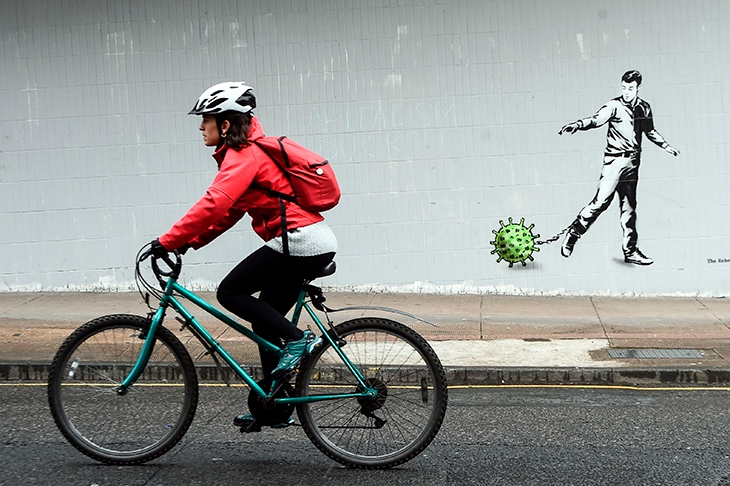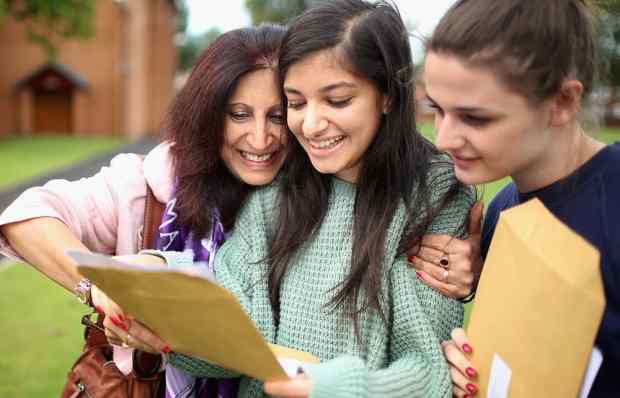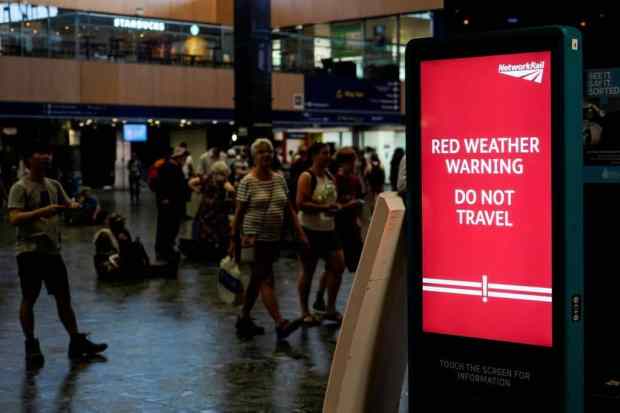Who occupies the post of chief adviser to the prime minister is not generally an issue of great interest to the public. That Dominic Cummings has come to dominate the news for several days is partly explained by the long shadow of Brexit and his role in the referendum campaign. But it is no use attributing to that alone the furore over his decision to travel from London to Durham at the height of lockdown. People are genuinely aggrieved that when they have made personal sacrifices to conform to the ‘stay at home’ edict, a man who helped devise those rules appears not to have done the same.
In vain might Mr Cummings argue that the Health Protection (Coronavirus, Restrictions) (England) Regulations 2020 gives leeway for his journey. He acted as a responsible husband and father. But many people feel that he availed himself of a loophole whose existence had not been made clear to the public. How easily could other parents in similar circumstances have worked out, without hiring a lawyer, that it was acceptable to relocate to another property? Had the government’s message been ‘use your discretion’ there would be no scandal.
This is one of the many problems of police-enforced lockdown, a draconian tool that has inflicted grave social, educational and economic damage. It could well prove to be a price worth paying if this really was the only way of getting the virus under control. Professor Neil Ferguson and his team at Imperial College London said that the alternative was hundreds of thousands of deaths. They argued that asking the public to take voluntary measures would not be enough. It was quite a thesis. At the time, there was no way of knowing if it was correct. Now, we are in a far better position to judge.
Professor Ferguson’s analysis showed a virus growing at a terrifying yet steady speed with each infected person infecting three, perhaps four more. Closing schools was estimated to have little impact on this; ditto social distancing. But lockdown, by contrast, was shown as a magic bullet, instantly cutting the rate of infection — the ‘R’ number.
At the time, there was very little information: making such guesses was sensible, and was always going to involve a large error margin. But we know a lot more now, enough to derive better estimates about how rapidly the virus was spreading. The Swedes, who rejected Professor Ferguson’s advice from the start, found that coronavirus was never growing as fast as Imperial calculated. The R number was reduced to 0.85 in Sweden — well below the level of 1 that Britain thinks is safe — without lockdown, without police drones chasing dog-walkers, and with far less financial damage.
Norway was next to do the sums. It also found that the virus had not grown as quickly as Imperial had estimated. In fact, it found, the virus was already under control when the lockdown order was given, with the R number having already fallen to 1.1. This was impossible to ascertain at the time, but the Norwegians argue that the public deserve candour now. Camilla Stoltenberg, head of Norway’s Public Health Institute, says the country could ‘have achieved the same effects and avoided some of the unfortunate impacts by not locking down — and instead, keeping open, but with infection control measures’.
For Norway to admit that its lockdown might well have been unnecessary is quite something. But officials there say that Covid could return for a second wave and, if so, they need to be brutally honest about which policies work and which do not. Norway’s statistics agency has calculated the harm inflicted by school closures, showing that every week out of the classroom stunts life chances and permanently lowers salaries. Their point: you should do this to children only if you are sure that lockdown works. When the order came to close Norway’s schools, Ms Stoltenberg admits, ‘the scientific backing was not good enough’.
Britain has all kinds of data to scrutinise: 999 calls, hospital admissions, weekly records of complaints of breathing difficulties, and some 37,000 Covid deaths. So it should be possible, now, to see whether lockdown (as opposed to voluntary social distancing) made a meaningful difference to the trajectory of the virus. The sums should be done for Britain too. It could well be that, as the Prime Minister likes to say, hundreds of thousands would have died had he not instructed us to stay at home. If so, he can show us the data and make his case. But it could also be that lockdown will prove no more useful in Britain than it was in Norway. If so, we ought to be told.
Meanwhile, police-enforced lockdown continues. We cannot attend a church service, have lunch with our neighbours, play team sports or walk into a bookshop. Where is the evidence that allowing us to take such small steps would cause any significant risk? Where in the world has relaxation of lockdown revived the virus? It is time to restore liberty and move to a voluntary system: to ask for continued caution but allow people to use common sense. The country is ready to be trusted. The question is whether the Prime Minister feels ready to trust us.
Got something to add? Join the discussion and comment below.
Get 10 issues for just $10
Subscribe to The Spectator Australia today for the next 10 magazine issues, plus full online access, for just $10.
You might disagree with half of it, but you’ll enjoy reading all of it. Try your first month for free, then just $2 a week for the remainder of your first year.














Comments
Don't miss out
Join the conversation with other Spectator Australia readers. Subscribe to leave a comment.
SUBSCRIBEAlready a subscriber? Log in